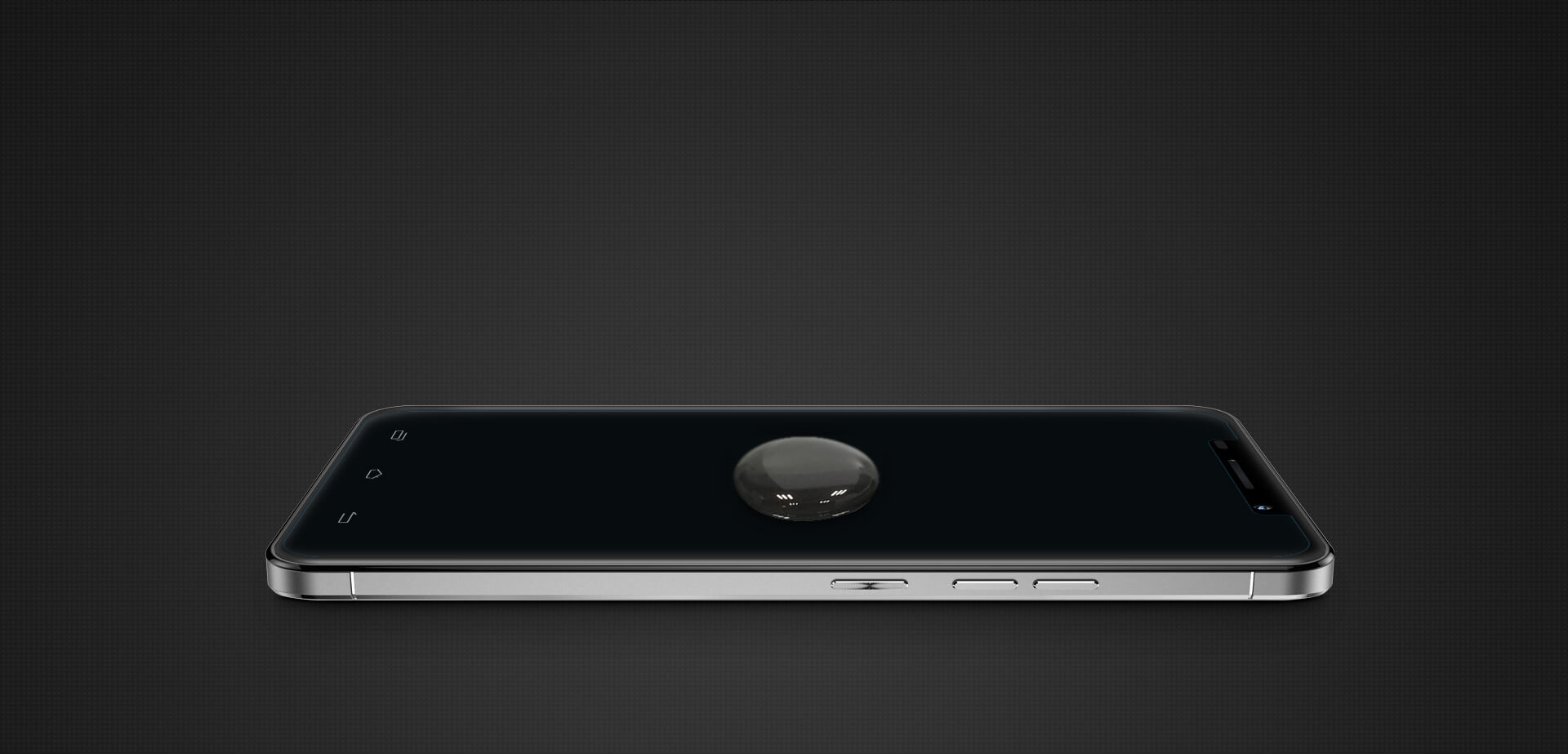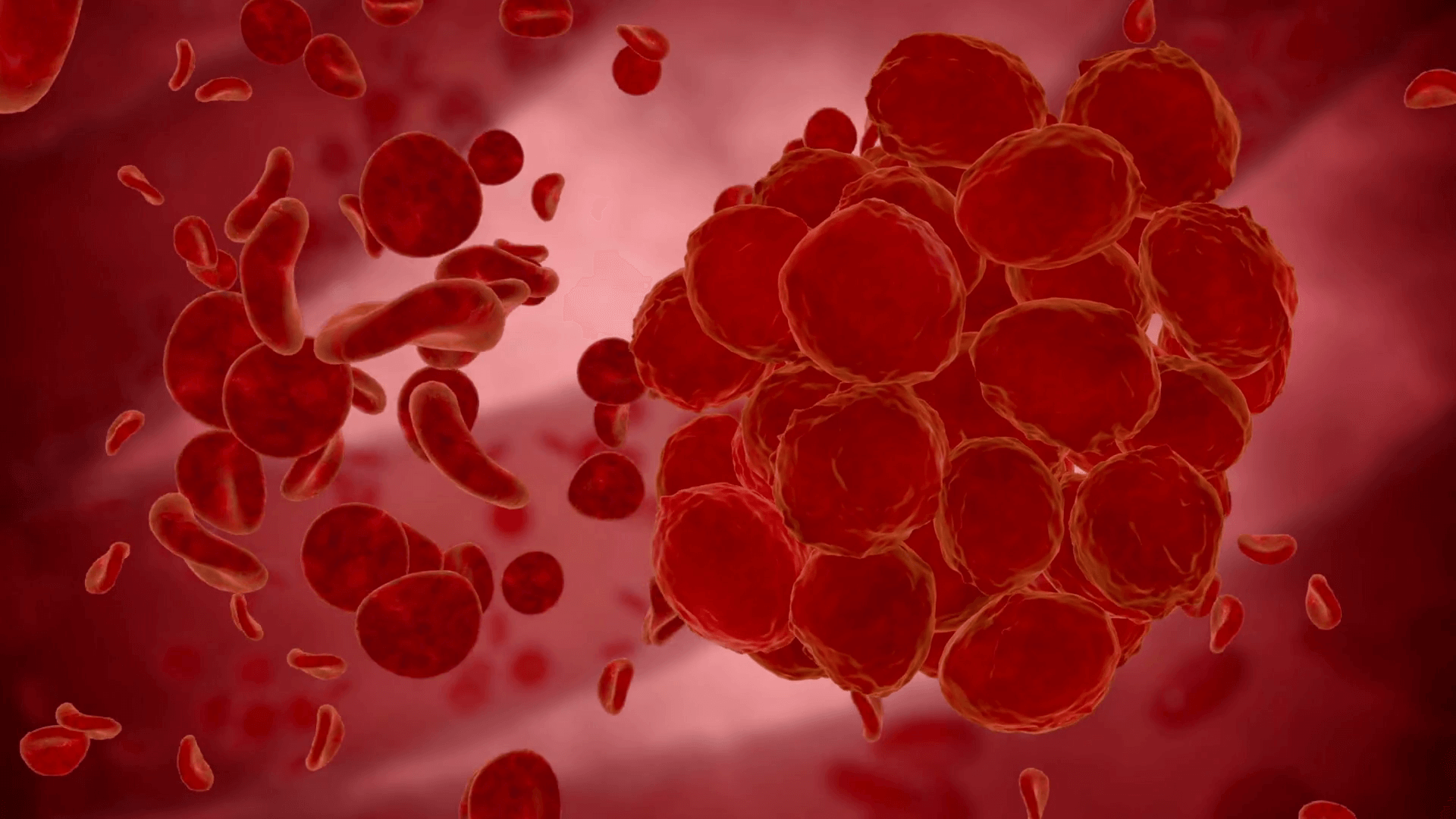Forward-looking: Material science research is pointing to the idea that repellent coatings can be greatly improved so that dirt and contaminants will not be able to adhere to your favorite devices. Although initial applications are in biomedical devices, electronics that are even easier to keep clean may be nearing the horizon.

No matter how many times you try to clean your touchscreen it will inevitably look dirty just a few minutes after use. Compared to cleaning untreated glass, the oleophobic coating on touchscreens helps make oil easy to wipe away with just a microfiber cloth. Sometimes these coatings wear off or wear unevenly and make it extremely difficult to purge all contaminants from a display.
Researchers from McMaster University are working towards surface coatings that can be applied to many more objects aside from glass. Using new nanotechnology, a trio of researchers have found a way to make materials completely repel all substances except for materials with specific properties. Besides oil, water, dust, and common forms of debris, bacteria, viruses, and living tissues will not adhere to treated surfaces. With some fine tuning, nearly any substance can be repelled.
Development of medical implants is a primary focus for the new technology. Specifically, synthetic heart valves have proved to be a promising application. Blood cells are unable to stick to the new coatings and therefore prevent clots from forming within the implanted valve, greatly reducing risk to the patient. It may be inconvenient to scrub down a smartphone screen when the oleophobic coating wears out, but it is life threatening when adhesion can occur within the heart.

One of the unique characteristics of the surface treatment is that certain substances can be allowed through or allowed to adhere. An implant device could be designed to only allow specific tissue cells to grow on it, thus significantly reducing the chances of a rejection by the body.
As research continues, the team is looking into commercialization of their discoveries. Sensors that look for specific viruses, cancer cells, or bacteria are one potential application. For anyone interested, the full research paper is available from ACS Nano.